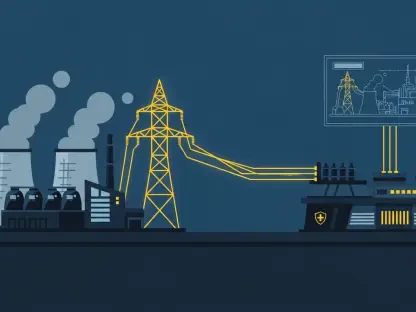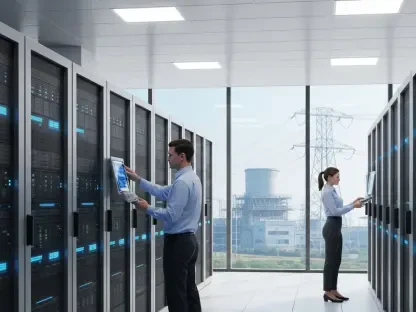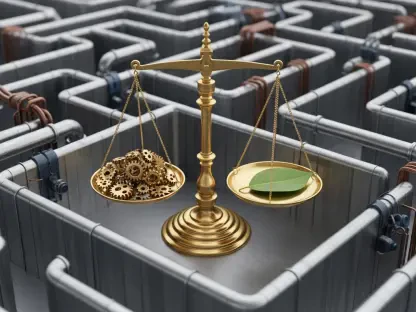In recent years, the U.S. clean energy sector, particularly solar power, has experienced impressive growth due to supportive policies under the Biden administration. This sector represents a critical component of the energy market, contributing significantly to job creation and economic stability. However, the proposed tax bill by former President Donald Trump poses a potential threat to this progress by aiming to eliminate essential tax credits, which form the backbone of the industry’s expansion efforts. The industry’s stakeholders express concern over the bill’s implications on renewable energy deployment and economic growth.
Overview of America’s Clean Energy Sector
America’s clean energy sector stands as a rapidly evolving field with increasing influence on the national grid. The industry encompasses solar, wind, hydro, and geothermal energy sources, bolstered by technological advancements and regulatory support. Leading players like Tesla, Sunrun, and First Solar drive innovation, supported by key legislation aimed at reducing carbon emissions and promoting sustainable practices. Federal subsidies, including tax credits, have historically encouraged both the production and adoption of clean energy technologies, serving as vital incentives for industry growth.
Current Trends in Clean Energy
Technological Innovations and Market Drivers
The clean energy industry is undergoing a significant transformation fueled by advancements in energy storage, smart grid technologies, and the rise of electric vehicles. Consumer demand for sustainable energy solutions shapes market dynamics, aligning with the global urgency for reducing carbon footprints. Emerging technologies and increased investments offer new opportunities for growth, making the sector a cornerstone for innovation.
Market Data and Growth Projections
Recent market data highlights robust growth trends, with projections indicating sustained expansion. Renewable energy installations are poised to dominate new power generation capacity as policy incentives continue to stimulate demand. Analysts forecast a significant increase in renewable energy consumption, marking a shift from conventional fossil fuels and projecting considerable growth driven by technological advancements and government support.
Challenges Facing the Clean Energy Industry
Despite the positive momentum, several obstacles threaten the clean energy sector’s future trajectory. Challenges include technological hurdles, regulatory complexities, and market volatility. Potential solutions lie in innovation, cross-sector collaboration, and adaptive regulatory frameworks to mitigate these obstacles. Strategic investments in R&D and modernization of infrastructure are necessary to overcome these barriers.
Regulatory Environment and Impact
The regulatory landscape surrounding clean energy is complex, with evolving standards and compliance measures. Significant legislation such as the Investment Tax Credit (ITC) and Production Tax Credit (PTC) play crucial roles in advancing renewable projects. However, the proposed tax bill threatens these foundational incentives, risking the reversal of growth trends achieved thus far. The alignment of policies with industry needs is crucial to maintaining momentum in clean energy adoption.
Future Directions and Industry Outlook
Looking ahead, the industry is positioned to leverage innovative technologies and align with global shifts toward sustainable energy solutions. Anticipated growth in consumer acceptance, coupled with increased investments, suggests a promising outlook. Key factors influencing future directions include ongoing technological advancements, regulatory adjustments, and market adaptability. With the global economy poised for a transition to renewable energy, strategic insights into consumer behavior and policy adaptation become imperative.
Conclusion and Recommendations
The findings reveal a sector on the brink of transformation contingent upon legislative support and strategic investments in innovation. For sustainable growth, it is crucial that industry stakeholders actively engage in dialogue with policymakers to advocate for maintaining essential incentives. Reevaluating regulatory approaches may safeguard against potential economic setbacks and ensure continued expansion in clean energy. As America navigates the path toward sustainable energy independence, aligning industry goals with legislative frameworks will prove essential for fostering long-term growth and stability.









